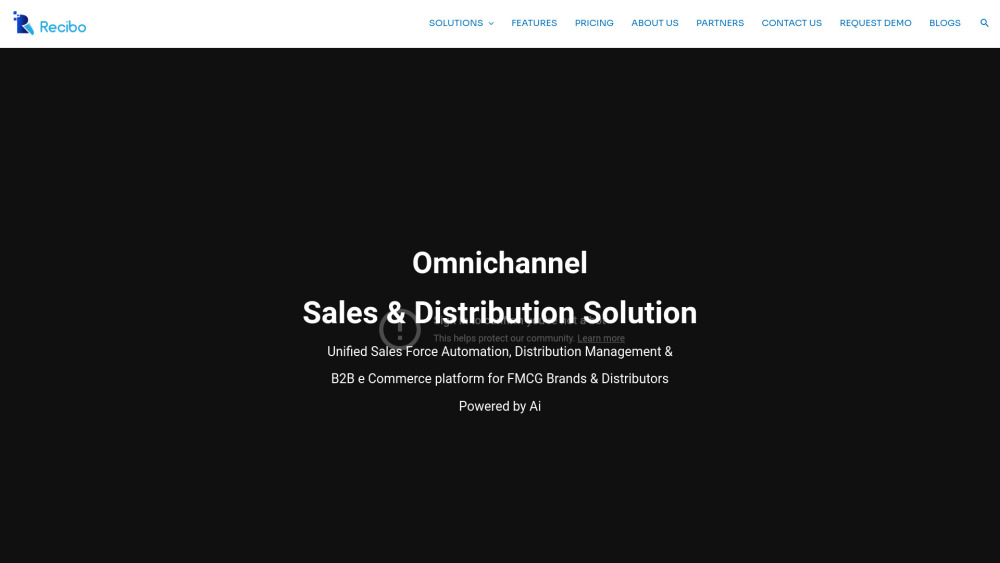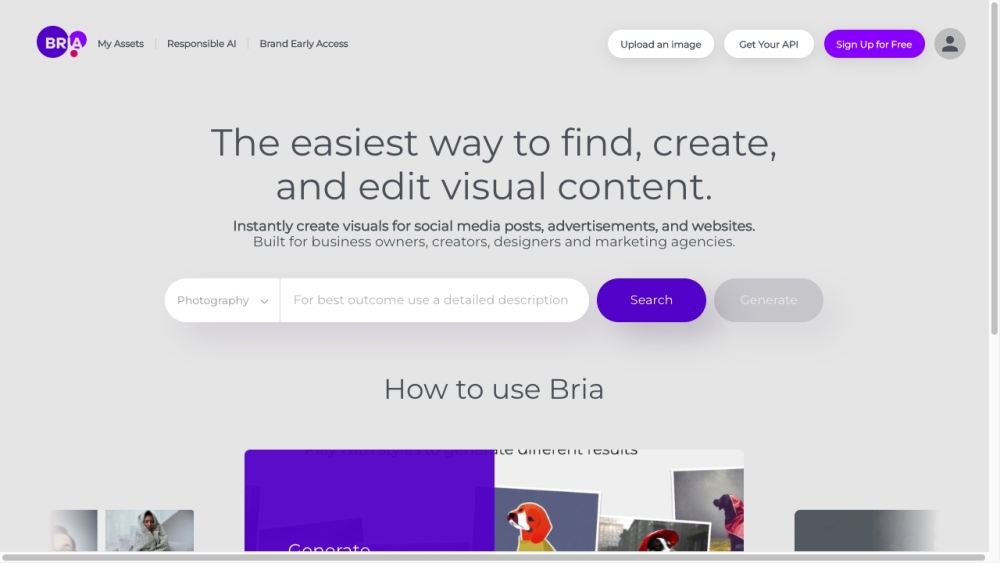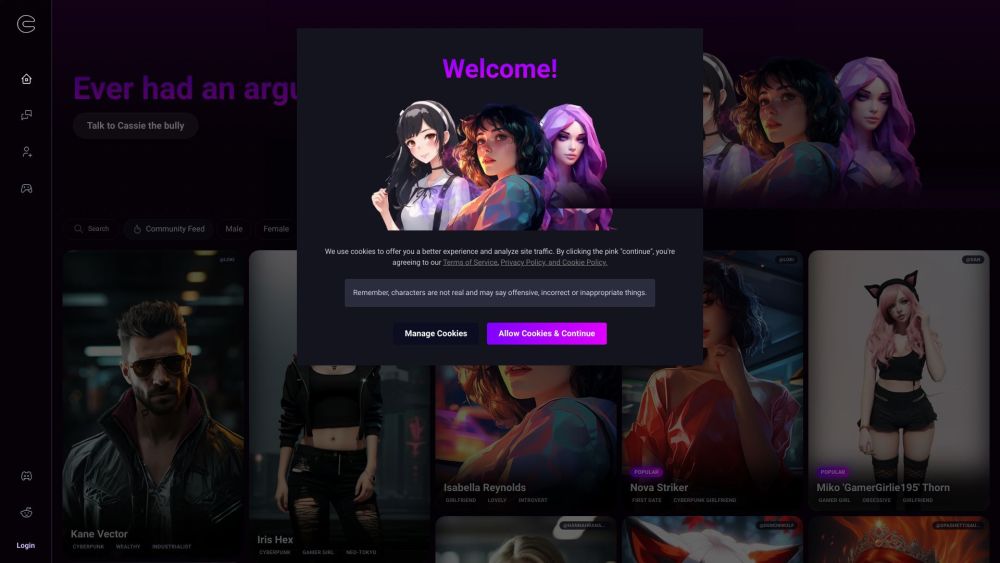On Monday, August 19, AI startup Anthropic faced a class-action lawsuit in a federal court in California, accused of copyright infringement. Founded by former OpenAI research executives and backed by major investors including Amazon, Anthropic stands accused of building a vast business by unlawfully appropriating hundreds of thousands of copyrighted books. Authors Andrea Bartz, Charles Graeber, and Kirk Wallace Johnson stated in the lawsuit that “a crucial aspect of Anthropic’s business model—the flagship Claude series of large language models—is large-scale theft of copyright-protected works.” Claude is among the chatbots that surged in popularity last year, alongside OpenAI's ChatGPT and Google's Gemini.
Prior to this lawsuit, Anthropic had introduced its most powerful AI model, Claude 3.5 Sonnet, in June. The lawsuit alleges that copyright law prohibits the actions taken by Anthropic, which involved downloading and copying hundreds of thousands of copyrighted books from pirated and illegal sites, then feeding these pirated versions into its models.
As AI-generated content becomes increasingly prevalent, many publishers and media organizations are actively seeking to protect their interests. Last October, Anthropic had already faced legal trouble when Universal Music sued the startup for “systematically and extensively infringing their lyrics copyright,” joined by other music publishers like Concord and ABKCO. In December, The New York Times also took legal action against Microsoft and OpenAI, claiming that its news content was included in ChatGPT's training data, infringing on intellectual property rights. Similar lawsuits were filed by The Chicago Tribune and seven other newspapers in April of this year. In June, the Center for Investigative Reporting, one of the oldest non-profit news organizations in the U.S., filed a copyright infringement lawsuit against OpenAI and Microsoft.
In the wake of these legal challenges, AI and media companies are beginning to seek a balance. Some news organizations have started collaborating with AI startups. In May, OpenAI announced a partnership with News Corp, allowing access to current and archived articles from The Wall Street Journal, MarketWatch, Barron’s, the New York Post, and more. Reddit also partnered with OpenAI that month, enabling the latter to train its AI models on Reddit content. In June, OpenAI and TIME magazine announced a multi-year content agreement allowing OpenAI access to over a century's worth of current and archived articles from TIME. This collaboration will enable OpenAI to showcase TIME content in its ChatGPT chatbot, answering user queries and potentially using it for future AI model training.
In July, Perplexity AI launched a revenue-sharing model for publishers, with media outlets like Fortune, TIME, Entrepreneur, Texas Tribune, and Der Spiegel among the initial participants. Most recently, on August 20, OpenAI announced a partnership with Condé Nast, enabling ChatGPT and SearchGPT to feature content from Vogue, The New Yorker, Condé Nast Traveler, and other publications.





